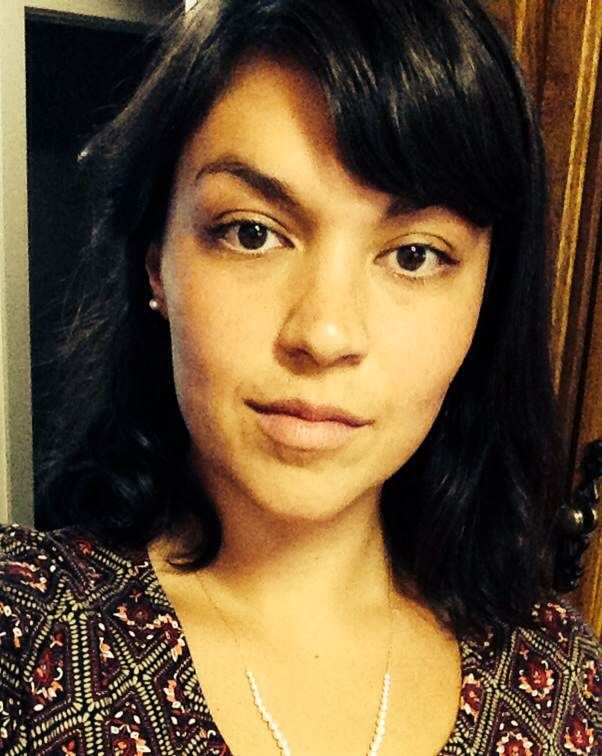Some information may be outdated.
Longtime area resident Joe Kingsley recently noticed that there were a lot of new faces behind the glass at his bank.
When he asked a manager about it, the manager told him that they are having a hard time keeping employees because the cost of living in Moab, especially housing, is so expensive that people don’t stay. Kingsley said, “I even have an employee looking for housing for over a month, and I am in real estate. This is serious.”
Affordable housing is not a new issue in Moab. Our tourist economy has and continues to create many jobs, but they are mostly low-wage, seasonal, or both. Meanwhile, successfully marketing our beautiful place to the world has brought a significant increase in property values. There is a growing gap between available wages and housing that working people can afford. Many hotels and restaurants are having a hard time filling available positions. With hundreds more hotel rooms already scheduled to be built, there will be even more demand for low-wage, service industry workers and housing that they can afford.
The housing crunch is not just limited to low-wage groups. Our schools, hospital and the City of Moab have all had difficulty in hiring, due to the gap between their pay scales and the cost of living. It’s an informal guideline to purchase a home that costs about three years’ wages. In Moab, it’s rare to see a house listed for less than $210,000. So, if your household makes less than $70,000 per year, you are going to have trouble affording your own home. And renting may not be much easier. Home rentals are easily over $1,000 per month, not counting utilities.
There has been some success in creating affordable housing. Since 2007, we have seen the creation of 59 sweat-equity units, nine Community Rebuild houses and eight CROWN (credits-to-own) homes. Cinema Court has 60 apartment units. Some of these housing options are for very low- to low-income households. Others are for low- to moderate-income levels.
But there have been some losses, too. Around 20 homes have been legally converted to overnight rentals, while more have converted under the radar, removing these homes as potential affordable options. The Moab City Planning Department and the Housing Authority of Southeastern Utah have been working to address the illegal nightly rentals. The housing authority is also looking at creating deed restrictions that do not unfairly burden participants in the sweat equity program, but make it so that they cannot “flip” the homes they build.
The Moab City Planning Commission and the City of Moab have started discussions about potential measures such as linkage fees, in which builders of new developments would pay into an affordable housing fund in proportion to their impact on affordable housing demand, and bonus density, in which a developer gets to build more units overall in exchange for designating some of them as affordable. Neither of these measures alone would be a complete solution, nor would they come without controversy. And, neither looks like it will happen very soon. The quest for answers to our housing issue is very much still in progress.
Affordability affects everyone who lives here, regardless of personal financial circumstances. The people who live and work here make this place what it is. Sharing this small valley, we build the bonds that make a town a community. In some other resort towns, the workers live in a separate, more affordable area, and travel in to work. We would do well to consider what that would do to Moab’s character, and decide if that is an outcome with which we are comfortable. And if it is not, then we have to figure out what we are going to do about it.
There’s not an easy way out of this ― the disparity between the cost of living and available wages ― but I do believe that the solution will come out of public conversation between business owners, workers, government, and other concerned groups and individuals. It will be through dialogue, and partnership and shared commitment to our future. So let’s talk.
Heila Ershadi lives in Moab with her husband and two kids. She is a member of the Moab City Council, but the views expressed here are hers alone.
Appreciate the coverage? Help keep local news alive.
Chip in to support the Moab Sun News.



